Our Ministry, Our Goals, and Our Activities
MISSION STATEMENT: Following Christ’s commandment to love our neighbors as ourselves and living into our Baptismal Covenant to respect the dignity of every human being, Becoming Beloved Community (BBC) works to promote racial justice and understanding within our parish an in the communities we serve.
THE DIOCESAN AND NATIONAL CONTEXT: We are guided by the commitments of the national church and the Diocese of Virginia. In 2017, the Episcopal Church announced a “path” (specifically not a “program”), Becoming Beloved Community: The Episcopal Church’s Long-Term Commitment to Racial Healing, Reconciliation and Justice. The path has four parts:
- Tell the truth.
- Proclaim the dream.
- Practice the way of love.
- Repair the breach.
Bishop Curry requested that “Episcopalians study and commit to” this initiative and said, “There is no doubt that Beloved Community, healing, justice and reconciliation are at the heart of Jesus’ movement in this world.”
The Recent Context of Racial Justice at St. James’s
We have contributed to racial justice with:
- Extensive history of race relations at St. James’s.
- Previous activities under the guidance of the former “Racial Justice and Reconciliation Committee” at St. James’s.
- Support of the ‘Monument and George Floyd’ events (e.g. display of the vestry-approved banners in support of racial reconciliation).
- Launch of the Sacred Ground series of 11 group studies completed by some 90 parishioners.
- Continuing service activities.
- Related activities of other partner organizations.
Principles of Becoming Beloved Community
- We are committed to the ministry of Becoming Beloved Community.
- The members have the standing and the resources to pursue this work. We welcome partners.
- Many activities of the Church contribute to racial justice; we seek to do more.
Goals of Becoming Beloved Community
- To raise awareness and understanding of the importance of living out racial justice in our church, our community and the world.
- To educate parish members about St. James’s role in the history of racism, including completing the relevant history of St. James’s.
- To empower St. James’s to be a church at work in the world, giving witness to the priority of racial justice and equity in all our ministries.
- To celebrate ministry accomplishments that uplift all people.
- To collaborate with other ministries at St. James’s that serve disenfranchised populations and whose work also addresses racial justice.
- To partner with other similarly committed faith communities to enhance racial and social justice in our community.
- To be uniters (“repairers of the breach”), always connecting our work to the Gospel of Jesus.
Becoming Beloved Community Committee:
Jennifer Pollard, 2025-26 Coordinator
Judy Philpott
Melinda Davis
Andy Bennett
Jane Dowrick
Gigi Redmond
Nancy Warman
Suzanne Hall
Mary Lou Lee
Susan Bain
Alice Tousignant
Becoming Beloved Community History Team:
Andy Bennett
Jane Dowrick
Mary Lou Lee
Linda Owens
Alice Tousignant, Coordinator
Future Offerings of Sacred Ground
Sacred Ground was launched in 2019 by The Episcopal Church and was inaugurated at St. James’s in Fall 2020. When a group of at least 4 participants is interested in forming a Sacred Ground Circle, the BBC Team will endeavor to find 2 facilitators and arrange meetings for in person or Zoom.
The curriculum covers social justice history for Indigenous, Black, Latino, Asian and other ethnic communities. The small discussion groups will be led by trained facilitators in order to make conversations about race and injustice safe, meaningful, and more impactful. The program has 11 sessions, so the group is able to form deep connections.
Click on the links for more information on Sacred Ground or Becoming Beloved Community from The Episcopal Church.
What We’ve Uncovered at St. James’s
This project had four parts coinciding with the nation’s racial history.
- Part 1, Slavery through the Civil War, 1835-1865
- Part II, Reconstruction and Post reconstruction, 1865 – 1900, researched and written by the BBC History Team listed below.
- Part III, Jim Crow to the beginning of the Civil Rights Movement, 1900 – 1960, researched and written by a volunteer from St. Paul’s, Anne Hayes who was one of the researchers for St. Paul’s history.
- Part IV, 1960 to Present, video below from presentation during Adult Formation on Sunday, October 19, 2025.
All the researchers and writers are volunteers, none are historians. Parts I, II, and III contain facts and information documented from books such as Not Hearers Only and Blind Spots as well as from Vestry minutes, Diocesan records, newspapers, the census and many other sources.
Resources
We are in the process of migrating our website. If you would like a list of resources between now and then, please click here to email our Director of Communications, Kirsten Melone.
